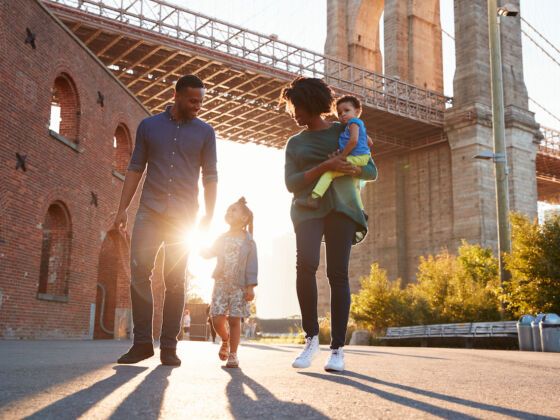1. “Should I travel with kids at all?”
Yes. Of course. Kids love seeing neat stuff, and if travel is a thing you love, you should introduce them to it. There are people who sell all their belongings and travel constantly, with kids, so that lifestyle is not forever closed to you. It might take some adaptation, and probably a lot of flexibility, but it is one hundred percent possible. Remember: kids are just small people with poor impulse control; just as there are adults who love to travel and find it fulfilling, magical, and deeply enjoyable…it makes sense that there are children who feel the same way.
